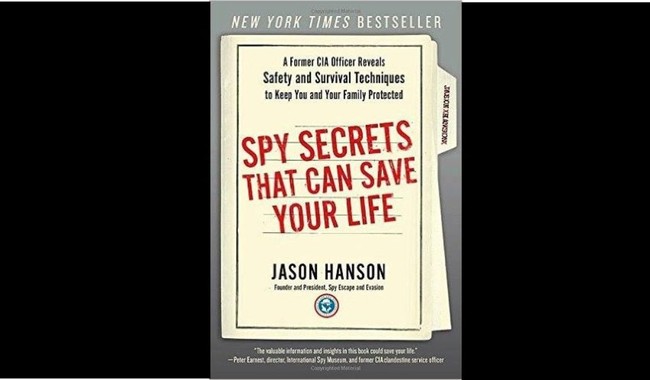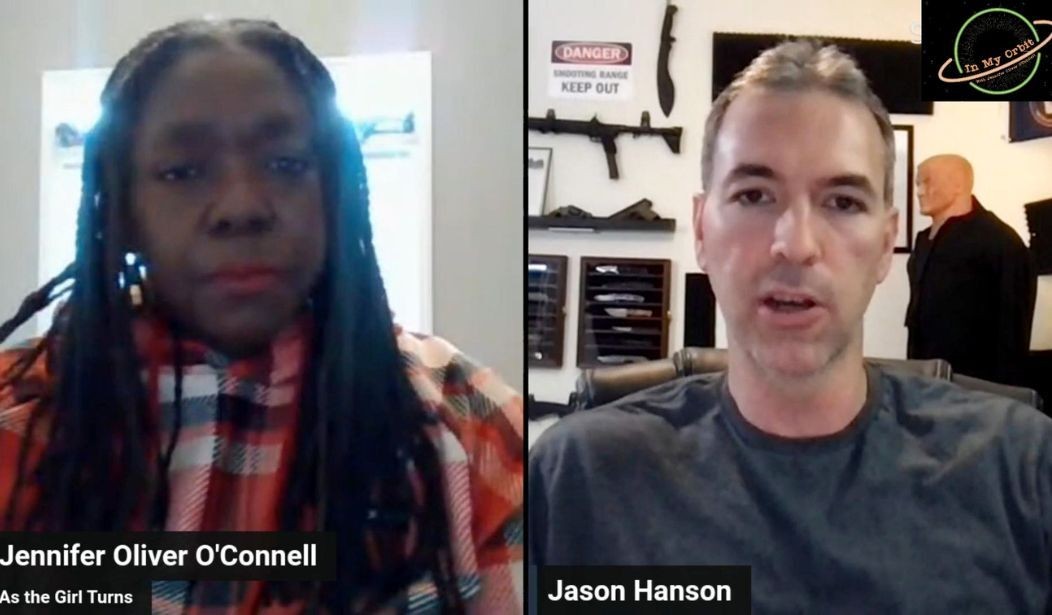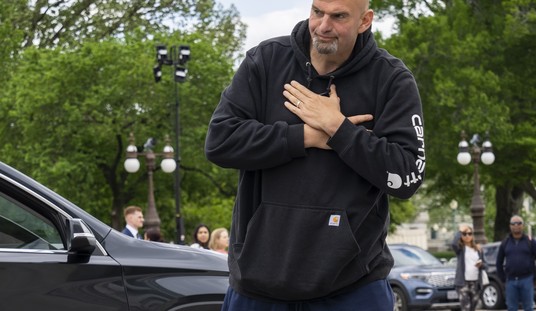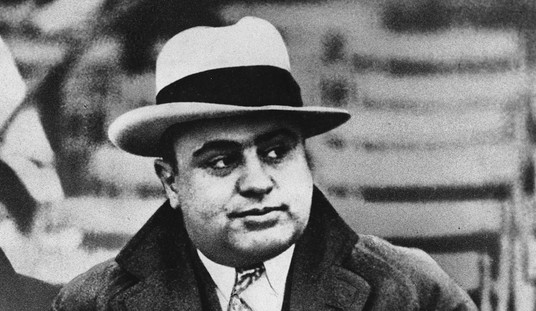One of the phrases that stuck with me after my interview with ex-CIA operative Jason Hanson was something one of his colleagues told him: "Spying is common sense on steroids."
Part of the problem with today's society is that common sense is no longer all that common. Hanson's Tactical Spy School seeks to help people tap back into common sense, as well as give them tools of the CIA trade (the non-confidential ones) that can help a person stay safe and be prepared in the face of danger.
Hanson effectively details this knowledge in his book, Spy Secrets That Can Save Your Life. It was an easy read and I was amazed at just how much of what Hanson teaches centers around a person's state of mind: namely, how aware are you in any given situation and what is your mindset toward being able to act if necessary. So, the skills that Jason Bourne used to fight off government agents trying to kill him, can be used by Grandma Jane to avoid a mugging, simply by being aware and being prepared.
 Who knew?
Who knew?
I asked Hanson about the types of people that took part in his training.
I've probably had every background you can imagine: from law enforcement, from military, from people who just say, hey, I want to have a heck of a lot of fun and learn these skills even though I pray that I never actually have to use them.
Hanson details why the average Joe would be interested in this type of training, and what motivated him to write his book.
WATCH:
It's applicable to everyday life. Everyday life is different for each person, but the ability to be situationally aware is the same for everyone. Hanson talked about how 20 years ago situational awareness—simply paying attention to what is going on around you—was a norm, not an exception. The introduction of the smartphone has changed this. Now people have to consciously get their heads out of their screens in order to pay attention to what's going on around them. Hanson said he has never sent a text in his life. He has a dumb phone and doesn't plan to change that.
Hanson also asserts that the best way to stay out of danger is not just learning to recognize it, but using the best tool to avoid trouble: Walk Away.
When I train people, I say, listen: you know what to do now. You know how to end a fight. But just like when you carry a gun, you have responsibility to avoid conflict. Now you have a responsibility to avoid conflict. So, when I'm in a car, let's say somebody gives me the middle finger. Obviously it makes me angry. I'm not happy, but I don't honk. I don't give it back. I swallow my pride. And so, a lot of fights can be avoided if we swallow our pride, if we let it go. When somebody flips them off, flips us off, or cuts us off in traffic. I'm very well trained, I'm very confident in my abilities, but I will still try to avoid a fight.
But sometimes the fight cannot be avoided. Much like our government is doing to average Americans, with their adversarial policies that poke the bear. So, having the tools to evade trouble first, but then the additional tools to confront when the need arises, is where Hanson's commonsense approach gains even more value.
WATCH:
One of the things that is pivotal to me in any place I choose to live is that there is more than one way in and out. Part of my surveillance detection route is that I learn these different routes, and vary them on a daily or weekly basis. As Hanson said, Movement saves lives. If you're in a hazardous situation, MOVE. Your chances of survival increase exponentially if you keep moving. Having your head up and observing your surroundings is also a mindset and an attitude. In Yoga, it's called, "being present." You determine that what is occurring in the now is the only moment there is and you proceed from there. How many situations, from small accidents to large catastrophes might have been mitigated if people maintained this mindset?
We moved to the fun part of our conversation: weaponry. But once again, it's not what you'd expect. Think less Jason Bourne and more Miss Marple.
WATCH:
The most helpful, commonsense tool Hanson elucidated was how to protect your home. As noted in his X post, Hanson also does home security audits, but he reveals this bit of wisdom: you don't have to pay him—you can do it for yourself. Much of what Hanson recommended doesn't require alarms or expensive surveillance equipment. As a renter, where I am restricted from altering certain things like doors, I was most encouraged that there are inexpensive items I can purchase to aid in protecting myself and my loved ones without losing my security deposit.
In a couple of days, I’ll be doing another home security audit.
— Jason Hanson - Spy Briefing (@SpyBriefing) January 18, 2024
This is when someone (typically a celebrity) pays me a significant amount of money to come to their home and improve their defenses.
I want to share with you 2 mistakes I often see, so that you can do a security…
WATCH:
Hanson has also written a second book, Survive Like A Spy. It has some of the same tools and tips of Spy Secrets That Can Save Your Life, but these are enhanced by Hanson's actual CIA field experiences. Asking a writer which book is better is like asking a parent who is their favorite child; but Hanson said in terms of practicality and hands-on use, if someone was to buy one of the books, Spy Secrets That Can Save Your Life would be his recommendation. What I like most about Hanson's books and training is that they put the control of defense, safety, and awareness back in the person's hands—even if that control is how a bad situation will be faced. In a culture where everyone is clamoring for victim status, Hanson shows that there are things that everyday people can do in order to avoid becoming one and that these tools can be used to assist others as well.
To learn more about Jason Hanson or to sign up for his newsletter and trainings, visit TacticalSpySchool.com. If you're on The "X," Hanson offers up commentary, handy safety tips, and short videos. Follow him at SpyBriefing.














Join the conversation as a VIP Member